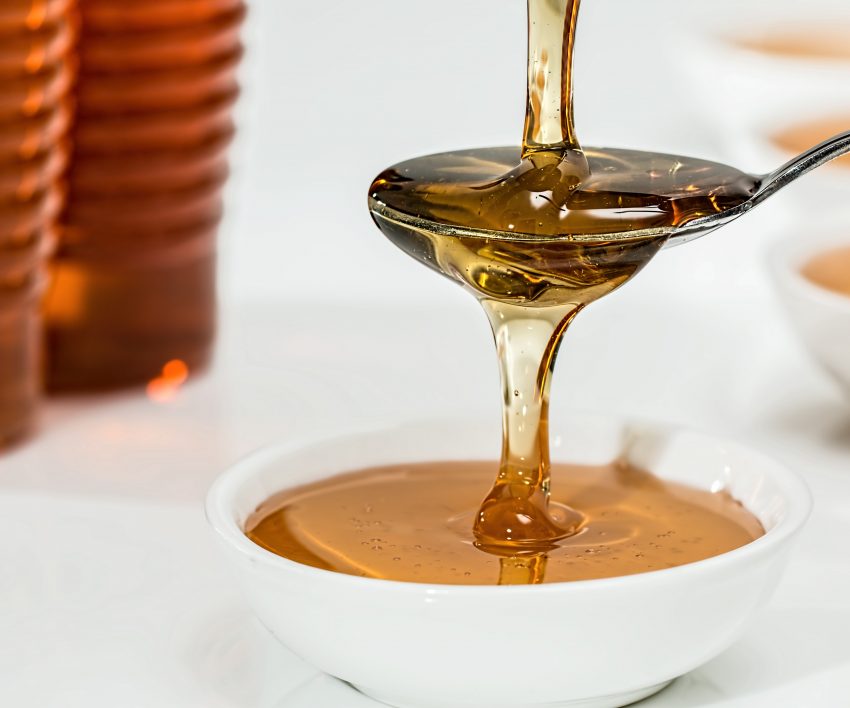Summer gives us the perfect reason to be outdoors and enjoy some fun in the sun. But let’s be honest, even with our best intentions, sunburns happen.
As someone who knows the sting of forgetting sunscreen a little too well, I’ve discovered that what you eat—and what you can put on your skin—makes a difference when it comes to soothing sunburns.
According to Very Well Health, here’s a guide to foods and natural remedies that double as healing treats for your skin.
Carrots
Carrots aren’t just for improving eyesight—they’re packed with beta-carotene, a carotenoid that protects and repairs sun-damaged skin. Snack on raw carrot sticks or whip up a refreshing carrot juice to promote healing from the inside.
For topical relief, blend steamed carrots into a paste, let it cool, and apply it to your burn. It’s a cooling, vitamin-rich mask your skin will thank you for.
Tomatoes
Tomatoes are a go-to for skin health, thanks to their lycopene content. This antioxidant reduces redness and inflammation caused by UV exposure. Eat tomato-based dishes or make a quick tomato salsa to support recovery. To apply, mash a fresh tomato into a paste, chill it, and gently smooth it over sunburned areas for an instant cooling effect.
Fermented milk
Fermented milk products like kefir and plain yoghurt are loaded with probiotics and lactic acid, which repair skin DNA and calm inflammation. Sip on a yoghurt smoothie to aid recovery from within. For external use, apply cold kefir or yoghurt directly to your sunburn—it’s an instant cooling remedy that hydrates and soothes irritation.
Pomegranates
Pomegranates are tiny, juicy miracles packed with polyphenols, which fight inflammation and promote skin repair. Drinking pomegranate juice helps protect your skin while it heals.
For an at-home treatment, mash the seeds into a paste, chill it, and gently apply it to sunburned areas. It’s like a spa treatment straight from your fruit bowl.
Orange juice
A glass of 100% orange juice fortified with vitamin D is a sunburn saviour. Vitamin D helps speed up skin repair, while the drink hydrates and replenishes lost nutrients. For skin application, soak a clean cloth in cooled orange juice and dab it onto your sunburn.
Bonus: It smells divine while refreshing your skin.
Aloe Vera
No sunburn remedy list is complete without aloe vera. Whether you have a plant at home or use 100% aloe gel, this natural wonder is known for its anti-inflammatory properties.
Break off a leaf, scoop out the gel, and apply it directly to your burn for instant relief. It’s cooling, calming, and a true lifesaver for summer skin.
Cucumber
Cucumber slices aren’t just for spa days anymore—they’re a simple way to soothe irritated skin. Place chilled cucumber slices directly onto your sunburn to reduce redness and inflammation.
Alternatively, blend a cucumber into a puree and spread it over your burn for an ultra-refreshing, hydrating mask.
Green tea
Green tea isn’t just for sipping. Brew a pot, let it cool, and soak a cloth in the tea to create a soothing compress for your burn. The antioxidants and tannins in green tea help reduce inflammation and speed up skin healing.
You can also freeze green tea into ice cubes and gently rub them on your skin for an extra burst of relief.
Oatmeal
Oatmeal is a miracle worker for calming irritated skin. Blend oats into a fine powder and mix with cool water to create a soothing paste. Apply it to your sunburned skin to relieve itching and promote hydration. You can also add oatmeal to a lukewarm bath for an all-over treatment.
Honey
Honey is packed with natural antibacterial and healing properties. Apply a thin layer of raw honey to your sunburn for a moisturising, soothing effect. It helps prevent infection while promoting faster recovery.
Additional tips to help your skin recover
While these foods and remedies can work wonders, don’t forget to hydrate with plenty of water and wear loose, breathable fabrics as your skin heals. Use scent-free moisturizers to keep peeling at bay and try not to scratch or irritate your skin further.
Compiled by Maegan-Leigh Jacobs
First published by Food & Home
Also see:
